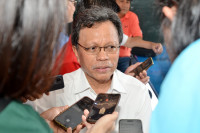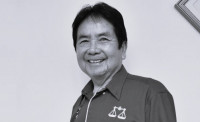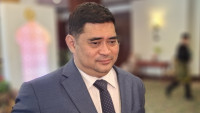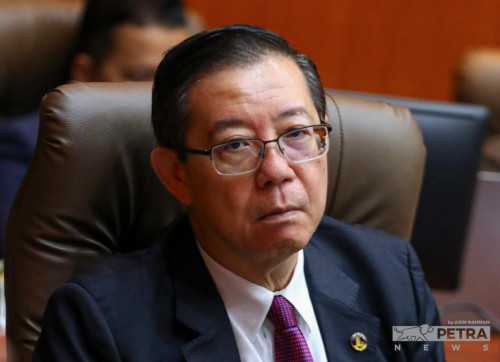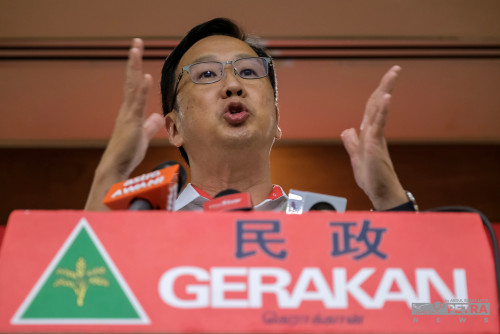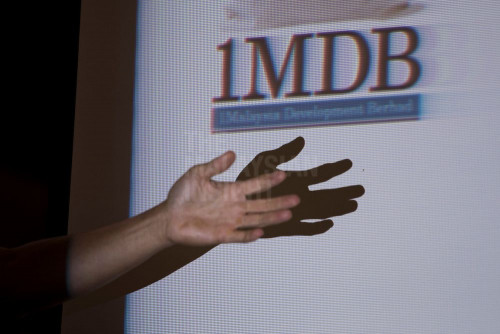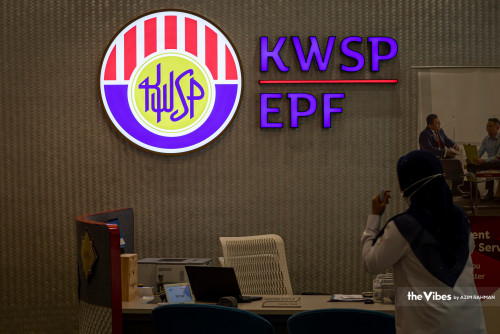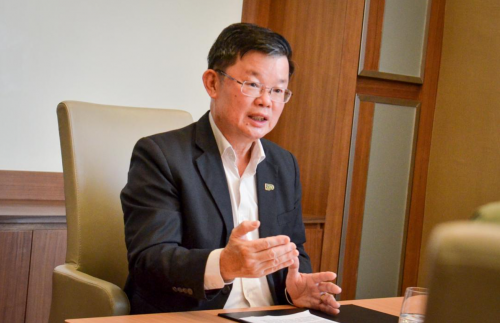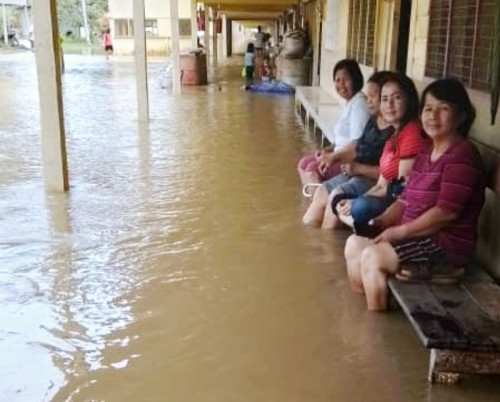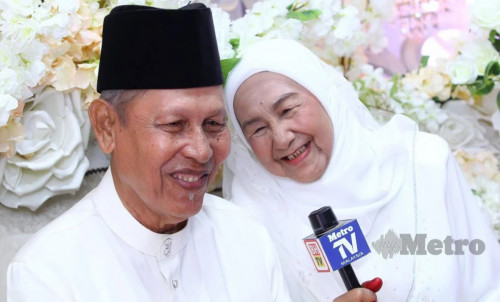KOTA KINABALU – A quota policy may be the answer to dealing with the under-representation of women in politics, as ongoing efforts to push for gender equality have proven to be significantly inadequate, the Institute Development of Studies (IDS) said today.
The state’s current 30% quota for participation of women in policy and decision-making is not policy.
In making this assertion, IDS chairman Datuk Adeline Leong emphasised the pressing issue of the lack of women political leaders in Sabah where only seven of the 43 women who contested in the Sabah election in 2020 became elected representatives.
“The overall percentage of women involved in politics remains low… In the 2020 Sabah state elections, only 43 out of 447 candidates, or 9%, were women.
“In the Sabah State Legislative Assembly, including elected representatives, only seven out of 79 assembly reps, comprising a mere 8%, are women as of 2023.
"These numbers are not just statistics; they represent a glaring gap in the representation of women in our political decision-making processes that we must confront head-on,” she said.
Leong also highlighted that the same problem is also happening in Parliament.
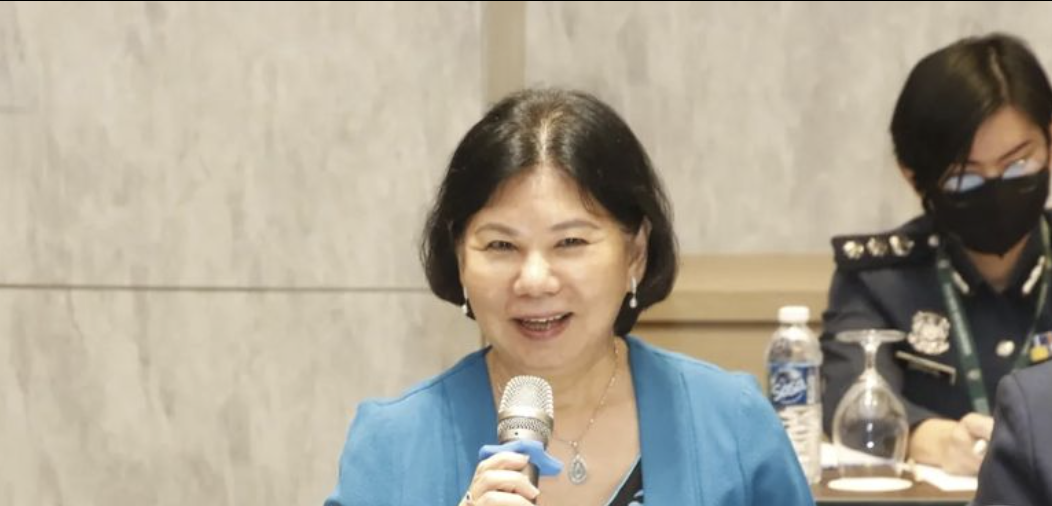
She made these remarks during her address at the ‘Dialogue on Tackling Sabah’s Under-Representation of Women in Politics’, organised by IDS here today.
Also present were Sabah Assistant Community Development and People Wellbeing Minister Datuk Flovia Ng and Miriam Fischer, director of IDS’ partner, Germany’s Konrad-Adenauer-Stiftung (KAS).
Leong further pointed out that despite continued efforts to advance gender equality, the representation of women in Sabah’s political landscape remains significantly inadequate.
She cited traditional roles, limited resources, money disparities, lasting beliefs, and cultural norms as among the obstacles that have hindered women from fully participating in Sabah’s politics.
She also stressed that women often encounter challenges and limitations in politics stem from systemic biases rather than their abilities and must be acknowledged.
Lessons from other countries
Leong proposed that Sabah can draw examples from countries like Sweden, Norway, France, and Pakistan where quotas and legislative seats are reserved to promote participation of women in politics.
For instance, she said, Norway has set a 40% gender quota in political party candidates’ lists, while Pakistan has reserved several seats for women in its legislative bodies to promote participation.
“Pakistan made a substantial leap by increasing the number of reserved seats for women to 60 in the National Assembly and Provincial Assemblies.
“These reserved seats were allocated based on proportional representation, ensuring that women had a more substantial and equitable role in shaping the nation’s politics,” she said.
Leong stressed that political parties must put in more significant effort to actively support female candidates such as investing in training programmes and resources for women to acquire the skills and knowledge needed for political careers is equally essential.
“Let us also bear in mind that achieving gender equality in politics is not an isolated endeavour; it is integral to the attainment of the Sustainable Development Goals, particularly SDG 5, which calls for the full participation of women and equal opportunities for leadership at all levels of decision-making.
“Empowering women and ensuring their active participation in political life are fundamental to advancing these global goals,” she said. – The Vibes, September 14, 2023






